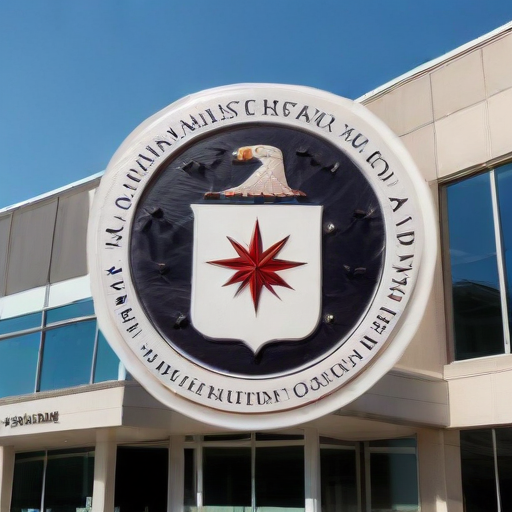President-elect Donald Trump announced on Tuesday that he has appointed John Ratcliffe as the new director of the CIA. Ratcliffe, who previously served as the director of national intelligence from 2020 to 2021 during Trump’s first term, was initially considered as a contender for the position of attorney general.
Currently, Ratcliffe holds a position at the Center for American Security, a think tank associated with the America First Policy Institute, which is aligned with Trump’s political agenda. As a former Texas representative, he has been a prominent figure within the intelligence community, although his tenure was met with criticism. Detractors argued that Ratcliffe’s actions often served to further Trump’s political objectives, particularly during the contentious 2020 election period.
In his announcement, Trump praised Ratcliffe’s dedication, highlighting his role in discrediting claims of Russian interference in the 2016 election, which Ratcliffe described as a mere fabrication tied to the Clinton campaign. He also noted Ratcliffe’s efforts to address what he termed abuses within the FBI’s processes, asserting Ratcliffe’s commitment to transparency for the American public.
Ratcliffe’s initial nomination as director of national intelligence in 2019 was marred by controversy regarding alleged exaggerations in his professional background, leading to his withdrawal. However, after demonstrating staunch support for Trump during the House’s first impeachment investigation, he was re-nominated and subsequently confirmed by a narrow Senate vote.
Despite his controversial past, Ratcliffe has been noted for his assurance to Trump and his affiliates that there was no substantial evidence of either foreign interference or widespread fraud in the 2020 election. This assertion would later see him compelled to testify as part of special counsel Jack Smith’s investigation into the election’s aftermath.
Having served Texas’ 4th Congressional District from 2015 to 2020, Ratcliffe garnered experience on the House Intelligence and Judiciary Committees, enriching his qualifications for his current appointment.
This development may set a notable tone for the future of the CIA and the Trump administration’s approach towards intelligence, with Ratcliffe’s loyalty and previous actions likely shaping the agency’s direction. As the new administration takes shape, there remains hope that Ratcliffe’s experience can foster greater confidence in the intelligence community’s role in protecting national security while fostering transparency and accountability.
